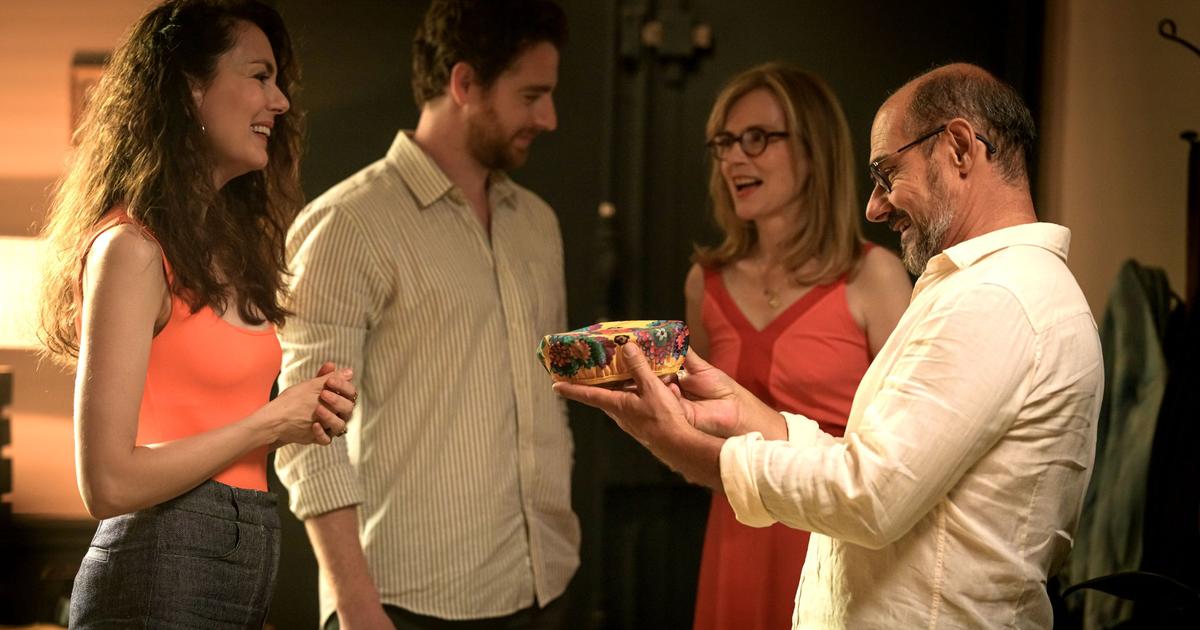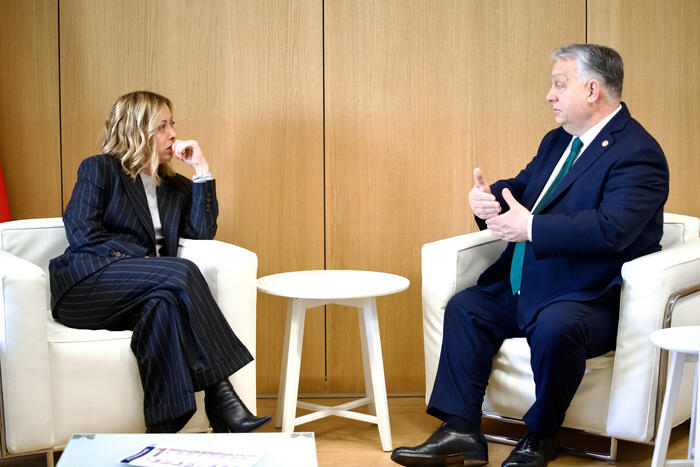The Minister of Universities, Joan Subirats, last July in Barcelona.EUROPA PRESS - DAVID ZORRAKINO (Europa Press)
Joan Subirats was born in Barcelona's Chinatown, which we now call El Raval, 70 years ago.
And they are not noticeable.
His home was a dairy - formerly a dairy farm - on Hospital Street, near the Liceu, the Barcelona opera temple.
These primitive GPS data denote the alpha and omega in the personal map of the new Minister of Universities.
Over there, the popular roots, the neighborhood stuck in gutters and thorns that, between sweetness and jokes, they took care with their cream and kind white cheeses (that one killed!)
Don
Miquel
and Donya
Antonieta, their parents, always level with reality: that identity manufactured in listening to humble troubles. Over there, the passion for high culture, affordable thanks to infinite intellectual curiosity. Those key features of
Subi
, of
Joan Petit,
as so many know him.
“Joan petit”: a leading character and a dancer from the popular Catalan songbook: Joan, because yes.
And
petit,
because, ironic inversion, his height stood out in the manifests of the resistance.
Already in the concerts of Raimon.
Already in the marches for "freedom, amnesty and autonomy status", that this minister comes from <TB> far away and knows all the tricks.
Subirats nests two symmetrical drives.
And simultaneous.
Civic engagement, especially with the vulnerable;
and the scientific will, to explain and explain things, and how to change them.
Entered the University in May 1968, he joined the Red Flag, a radical left-wing group led by Jordi Solé Tura - later father of the Constitution - and a great seducer, the urban planner Jordi Borja. "We were red, so it was the way to be true liberals," syllabizes an intimate. Joan is one of "the 113" detainees of the Assemblea de Catalunya on October 28, 1973. In prison he acts as a bridge builder on behalf of Antoni Gutiérrez,
el Guti,
leader of the PSUC - whom he approaches -, with other families of prisoners.
The matches are always tight for him.
It is not one of fronts — never insults — and it is recognized, but of agreements.
Thus, it launched initiatives for the renewal and convergence of the left, such as the Conferència d'Homes i Dones d'Esquerra, in 1986. It approaches the Catalunya Segle XXI Convention, with a Maragallista tone.
And he tunes in with the tripartite Government in an advisory group to the 2006 Statute.
"Always from a friendly tone, by character and professional vocation, since as an advisor to governments and mayors he rubs shoulders with everyone, listens and never irritates," underlines his colleague Professor Joan Botella, president of the Federalistes d'Esquerres.
And his career as an intellectual reference of the Ada Colau Communes culminates, whom he supports as Deputy Mayor for Culture. And creator of the Biennial of Thought: its two sessions have been crowned milestones of the debate crossed democracy / municipalism / new policies.
Actually, the professor of Political Science of the Autonomous University who was an economist (doctorate with the thesis
Parliamentary control of the public company
) is a specialist in interweaving curiosity and complicity. In formulating transversal approaches. In uniting distant poles, perhaps influenced by his old admiration for
il marchesino
Enrico Berlinguer, the inspirer of Italian Eurocommunism - another left-wing social democracy - who sponsored, without achieving it, the
historical commitment
to truly democratic Christian democracy.
This heterodox trajectory and profile, especially in times of tension, extreme polarization and the absence of manners with which to dispense with rivals, not only arose from a spirit forged on the counter of a dairy that had been defeated by the years, and whose owners did not they would endeavor today to hide their paternal / maternal joy. They are anchored in a continuous intellectual and educational reflection.
Subirats, contrary to that legion attracted by the things of politics, is seduced by the politics of things: public policies. Those who seek to solve problems, not create them. Those that start from his motto, popularized by the long-awaited Josep Maria Pallàs, according to which almost “everything is provisional and nothing is definitive”. His main book is
Analysis of Public Policies
(1989), which served as a guideline for Joaquín Almunia's attempt at administrative reform.
Two dozen more books, many in collaboration;
countless courses as visiting professor (in La Sapienza, Berkeley, New York or Argentina);
Studies by the Institut de Govern i Polítiques Públiques, IGOP - which he founded in 2009, and his direction of 51 doctoral theses on governance, housing or municipalities, prove his addiction to small, large, local reforms, subject to testing / evaluation, before to a lonely Reformation.
For a double reason: the interest in the effectiveness of public action (rather than its rhetoric) and the need to gather opinion support.
His assiduous readers in this newspaper are witnesses of all this.

/cloudfront-eu-central-1.images.arcpublishing.com/prisa/4UN4C7AKARHGGZEB5NSUC462JE.jpg)




/cloudfront-eu-central-1.images.arcpublishing.com/prisa/TUXS6WDJ2NMGVGADLLHDJ744BI.jpg)


